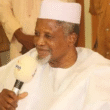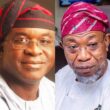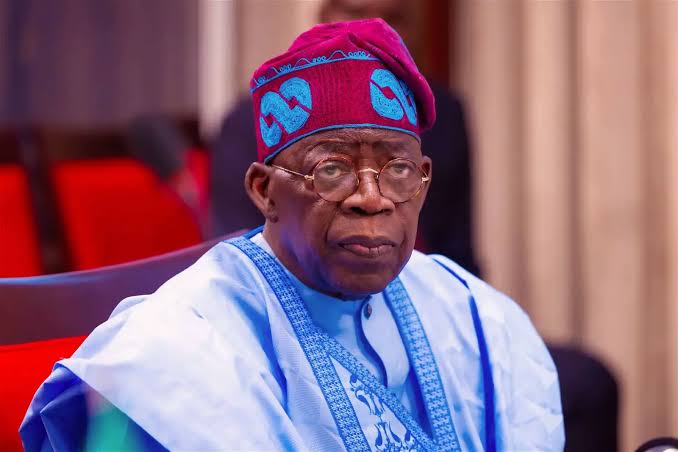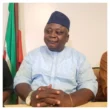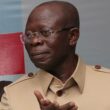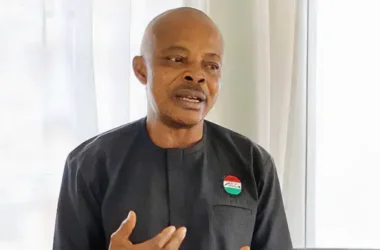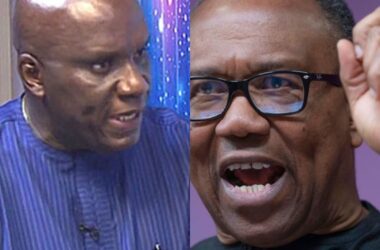Nigeria’s foreign policy faces growing uncertainty as President Bola Ahmed Tinubu has yet to appoint ambassadors following the recall of all Nigerian envoys in September 2023.
This prolonged inaction has left 109 diplomatic missions—including 76 embassies, 22 high commissions, and one consulate—without full ambassadorial representation, raising concerns over the country’s international engagements.
The recall of ambassadors, a major decision taken on September 2, was expected to be swiftly followed by the appointment of replacements. However, the lack of action has drawn criticism from experts and former diplomats, who warn of potential consequences for Nigeria’s global standing.
Ambassador Suleiman Dahiru, a retired diplomat, told DAILY TRUST; “In fact, before recalling ambassadors, you would have recommended those who will take over from them and they are the ones to ask for agreement on behalf of those new ambassadors coming but this has not happened.
He also emphasized that career diplomats eligible for ambassadorial roles might soon face retirement, which could further shrink the talent pool for these critical positions.
Another former diplomat, speaking anonymously, told DAILY TRUST that the absence of ambassadors could strain relationships with other nations.
His words: “A chargé d’affaire may not be allowed to have meetings with a foreign minister of the host country because his position is just equivalent to that of a director. So, he may have limitations in handling serious issues, which require higher authority from his host country.”
Former Nigerian Ambassador to the U.S., Joe Keshi, highlighted the complex process involved in appointing ambassadors, which includes screening, approval by the host country, and other formalities.
He stated: “You don’t just call somebody and say, ‘you go to America’. When you agree on the person you want to send, you have to send his papers and every other thing to the country and until they accept, you don’t announce…This could take six months or even a year in some cases.’’
This prolonged vacancy has raised concerns about Nigeria’s ability to effectively manage its foreign policy and maintain influence in global affairs. Critics urge the government to prioritize the swift appointment of ambassadors to restore full diplomatic engagement and prevent further challenges in international relations.



